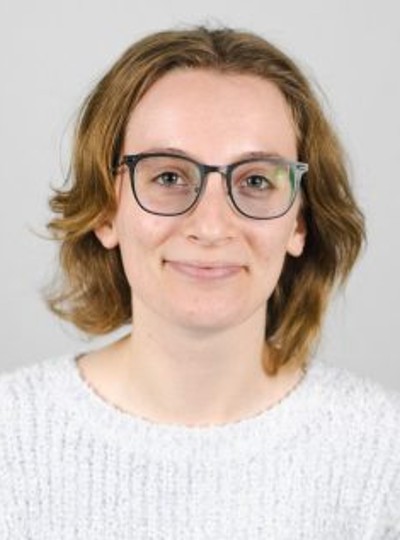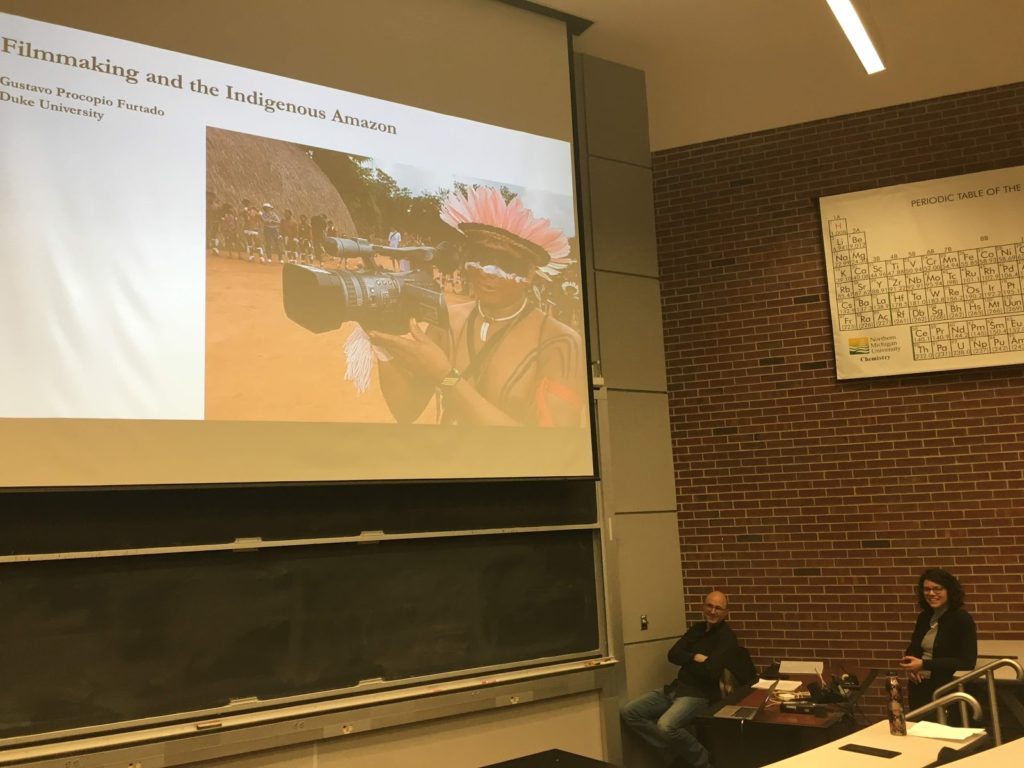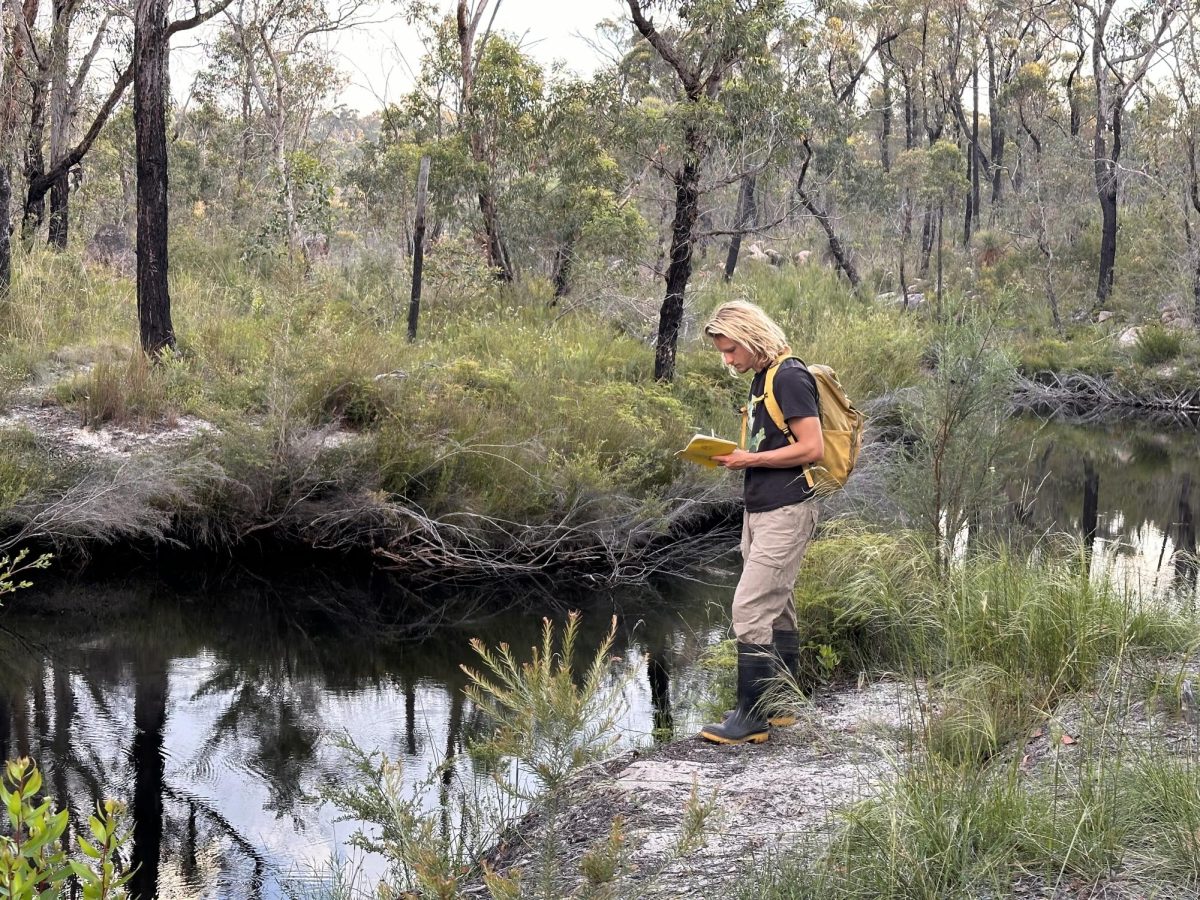Two visiting professors discuss film and photography
Despite the late snow that plagued the sunshine-starved NMU community, about a hundred students and faculty found their way to the event where two visiting professors discussed images of indigenous communities in Brazil’s Amazon Rainforest. The two academics were eager to share their interest in this topic.
The event ran from Thursday in Weston Hall and continued at noon on Friday in Jamrich with the screening of the short film “Ten Thousand Years Older.” A relaxed discussion of modern portrayals of indigenous peoples in film and photography took place afterwards. The event was organized by NMU Spanish professor Maria Arenillas and funded by a grant from the university’s Office of Diversity and Inclusion. It was attended by many local high school students as well as a significant portion of interested professors and NMU students.
Carolina Sá Carvalho, an assistant professor of Portuguese and Spanish at the University of North Carolina at Chapel Hill, discussed the portrayal of scars and unseen violence in her presentation, “Violence and Technology in the Amazon: Photographs of the Madeira-Mamoré Railroad.” She focused her study on 19 and 20 century Brazilian and Latin American relationships between literature, science and technology. Her presentation was tied in with assistant professor Gustavo P. Furtado at Duke University. His presentation was titled: “The Amazonian Indigenous Cinema.” He specializes in cinema and cultural studies.
The idea of contact, or encounters between civilizations, was the central theme of both professors’ talks and their chosen short film. The short film received criticism from much of the audience and the presenters for displaying overused tropes of indigenous representation. The term contact is also used in photography, referring to when a negative is passed to a positive, added Sá Carvalho, whose specialty is photographic analysis.
“So it has to do with this idea of encountering and leaving an image of that encounter,” she said with an excited grin. “Those narratives, or those images of those contacts, become images for the future.”
This idea of traces of contact between civilizations is extremely powerful for those who study it, Furtado said.
“It’s an idea that has these dimensions,” he said. “The West has its own contact narratives. Thanksgiving is basically a contact story, and it becomes like it has the power of a myth.”
The discussion between these two professors touched on contemporary issues as well, reaching into the past to make commentary on the present day. The old maxim, we must study the past to avoid repeating it, was certainly in play. Current events made this topic poignant and timely, as Brazil’s new president has repeatedly expressed intent to force assimilation of the Amazon’s indigenous communities.
“In Brazil now, we have context in which a certain discourse about assimilating indigenous populations into the modern nation is still going on,” Sá Carvalho said. “We’re going to see these things in the [current] century, the same discourse, and we’re like, okay, we’ve been there.”

























